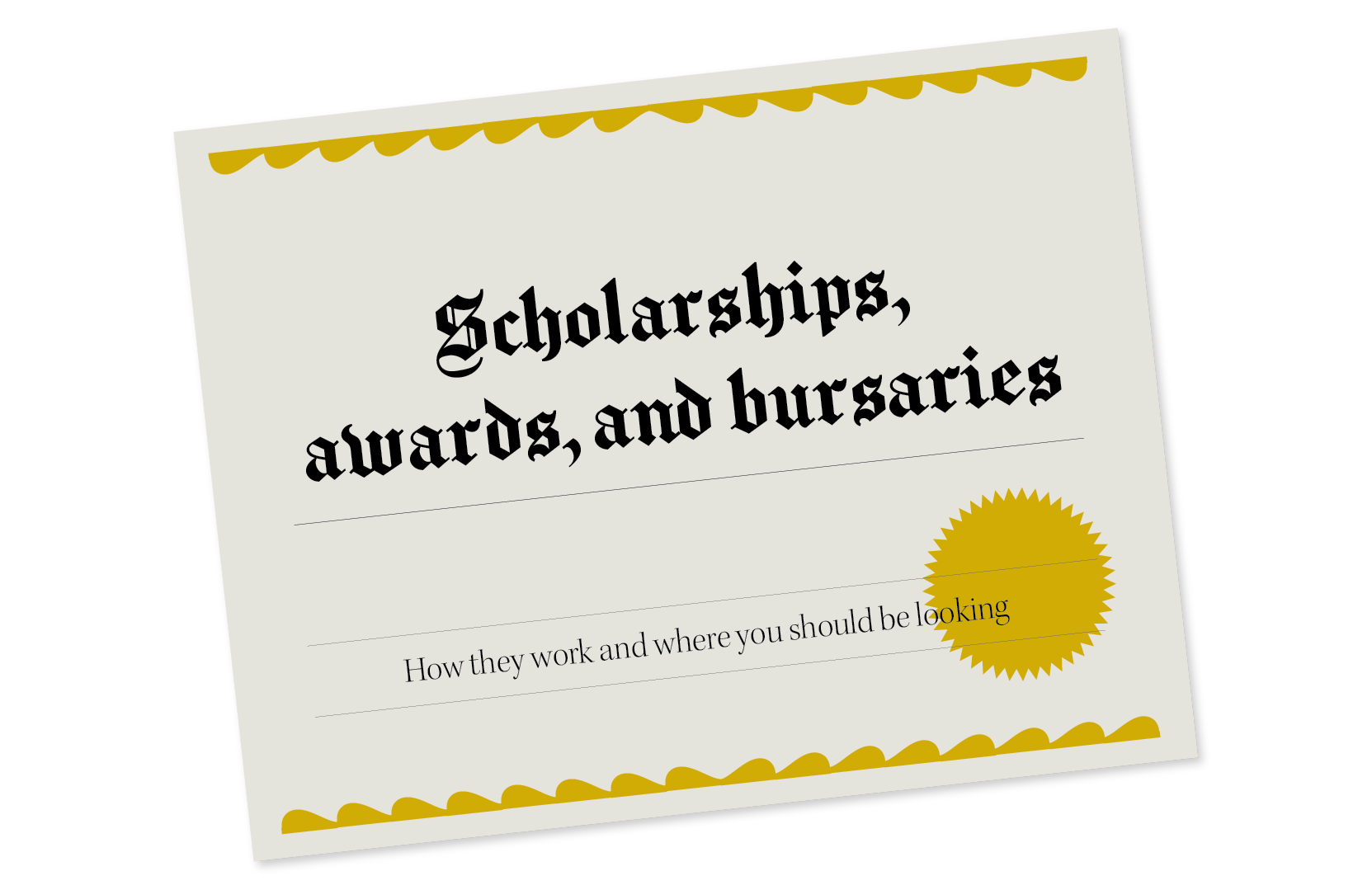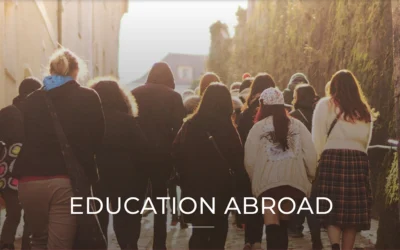University is undoubtedly an expensive endeavour, but an increasingly necessary one. A 2018 Macleans article stated that the average yearly cost of post-secondary education in Canada was $19,498.75. This, of course, included everything from tuition to transportation. Now with the tuition cap in Alberta removed, that cost will continue to rise. To be exact, students starting this year can see an increase of up to 30 per cent between their first and third year, according to an article in the Edmonton Journal from October 2019.
Although most students have access to student loans, they do little to solve their problems. Though loans help students through the process of getting an education, they can leave borrowers with crippling debt. If students are lucky enough to have financial assistance from parents or an investment that was made on their behalf, they can find themselves in much better shape to start their life after graduation with less stress. However, if this is not the case, scholarships, bursaries, and awards might be the only option to offer a modicum of financial relief and to guarantee less debt.
If you are a student in your later years of learning, you may have an excellent understanding of where to search or how these monetary awards are awarded. But, in the event that you are either just starting your academic career or unaware, the following information may prove somewhat helpful.
It is essential to understand where to find scholarships, bursaries, and awards. Every university has its own set, and there are also external scholarships, bursaries, and awards that are offered through channels outside of a university that any student can apply for as long as they meet criteria. Some can be found on the Alberta student aid website at www.studentaid.alberta. ca/scholarships/alberta-scholarships/ as well as www.scholarshipscanada.com. MacEwan University scholarships, bursaries, and awards can all be found at www.macewan.ca/awards, where searches can be narrowed down by award type or keyword.
Each of the three types of awards is also quite different, which deserves investigation.
“Generally speaking, scholarships are based primarily on academic performance,” says Evangeline Barrow, a MacEwan financial advisor. Because scholarships are mainly based on academic performance, students often don’t need to apply. In fact, some are by nomination only, meaning that a faculty member has to put forward the nomination. In other cases, Barrow says that the financial aid department can just pull information about grades from the school system to find the students that qualify. These types of awards can have other criteria as well, such as belonging to a specific department. As an example, some scholarships are for nursing students only or dedicated to communications or journalism. These are all criteria that help to narrow down the search. Then there is also a selection committee. In the end, Barrow explains that if there are two candidates that all meet the criteria and have the same grade point average, they have specific tiebreakers to help decide who gets the scholarship.
When it comes to bursaries, the story is very different. “Bursaries are based primarily on financial need. They may have other specific requirements, but the primary thing is financial need. So, we get students to submit applications where they provide us with financial information so we can determine who is in the most need and kind of go from there,” Barrow explains.
Unfortunately, when it comes to bursaries, there are many more applicants in need, then there are bursaries to give out. “Financial need, generally speaking, is calculated based on the student’s expenses minus their resources. We use the Alberta student aid allowance to determine how much they need to live, so we ask enough questions to find out, are you in a household paying rent or mortgage, how many other people are in your household? ” Barrow says. For students interested in finding out the student aid allowance they can find the same one used by MacEwan posted on www.studentaid.alberta.ca.
Awards, once again, have different criteria based mostly on leadership and volunteering. “For awards that are, for example, based on volunteerism, we usually ask you to send 250 words to describe your volunteerism, the number of hours involved, and the impact it had. We use a rubric to decide. Maybe we will have three people on a selection committee for this one, and then each member of the committee will use that rubric to give each answer a score, and then we combine those scores,” Barrow explains.
When it comes to applying, MacEwan has tried to make things as easy as possible by taking away a lot of the guesswork. Everything can be found under the financial aid tile in myStudentSystem. Applications open every September for the fall semester and every January for the winter semester.
“Our system does some of the work to narrow it down. It can see what program you’re in, what year you’re in, things like that, and it can show you what’s available based on the information that we already have,” says Barrow. This means that the scholarships, bursaries, and awards that show up when a student goes into their student system already match the student’s basic situation. This leaves only providing the remaining information as the last step to completing the application.
“I recommend as soon as you see that the application period has opened, go in there and start working your way through it. Try to pay attention to what the questions are asking. If you don’t know, give us a call, email or come in to clarify and make sure you are answering it correctly,” Barrow advises.
The MacEwan awards site is another excellent way to get further information. Not only can you view all of the scholarships, bursaries, and awards that MacEwan has to offer, but it also shows a few of the external ones. It’s also the best place to find details such as how much each scholarship, bursary or award are for and how many of each there are to give away.
Scholarships, bursaries, and awards can be a fantastic way to pay for a portion of your education. And unless you are applying, you will never know if you could have gotten one. Therefore, you might as well try. It is imperative to remember that there are scholarships that go unclaimed. These are missed opportunities to help pay off your education and potentially graduate with a lot less debt. An article in The London Free Press from 2015 states that about 3 per cent of Canada’s scholarships go unclaimed. That was, according to the article, approximately 5 million dollars. That’s quite a significant amount to pass up simply because you might think you won’t qualify for it.





0 Comments